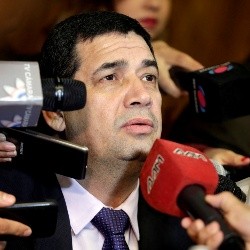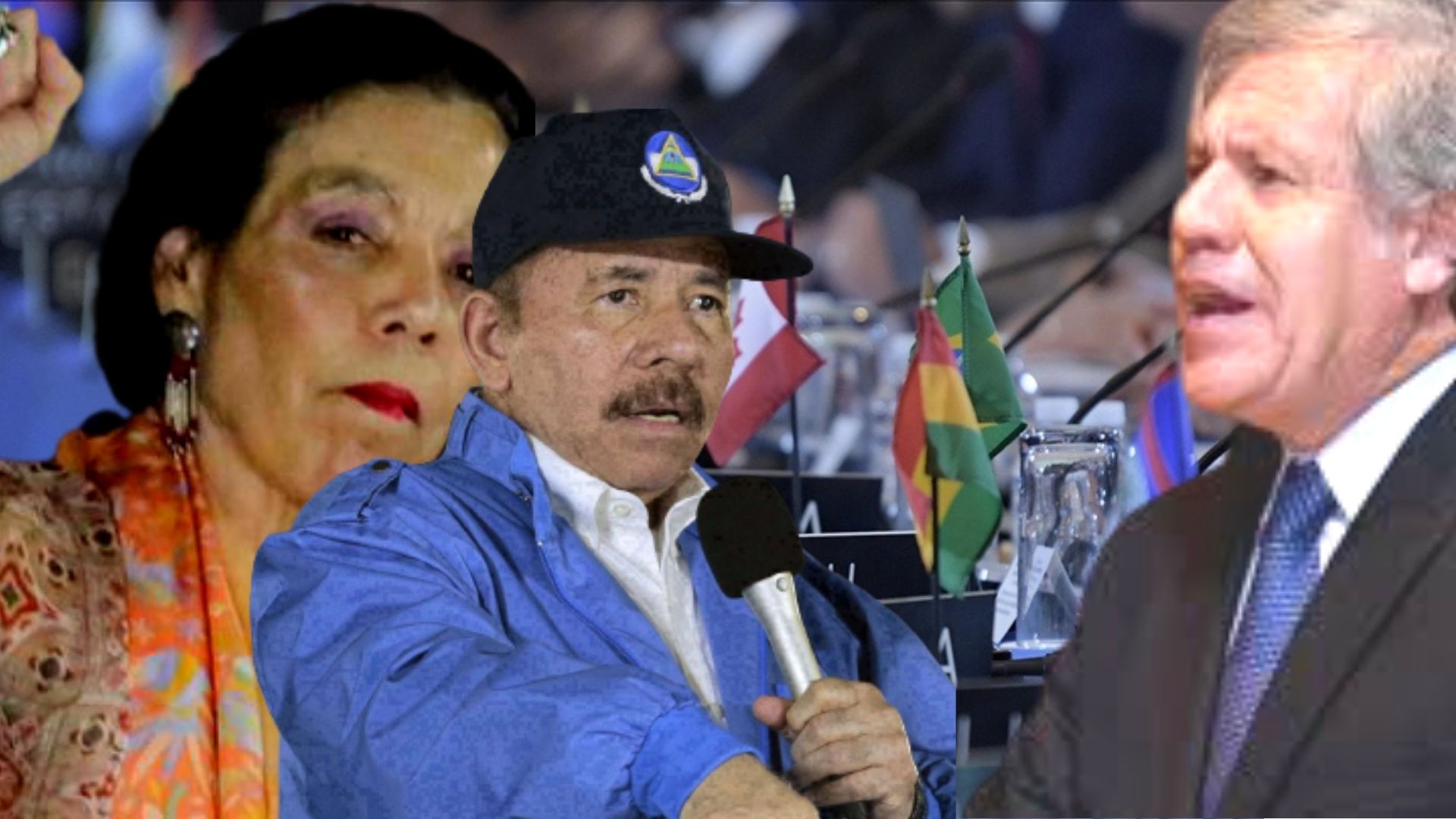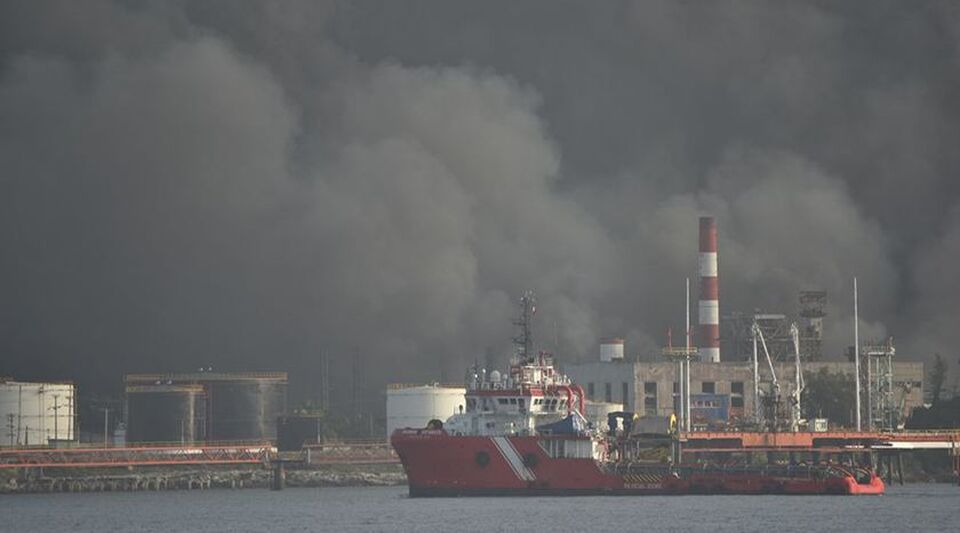The Vice President of Paraguay, Hugo Velazquezannounced this Friday that he is resigning from his position and also from his aspirations to be a candidate for the presidency next year for the ruling Colorado Party, after the United States sanctioned him for “significant corruption.”
“The decision of step aside it is so as not to affect the environment of the President of the Republic (Mario Abdo Benítez) or the Colorado Party,” Velázquez told 1080 AM radio.
I am retiring from politics. It was the last stage of my career. If it couldn’t happen, what are we going to do? They are God’s designs,” he added.
President Mario Abdo Benítez highlighted Velázquez’s “mature attitude” in “prioritizing the interests of the construction and credibility of our nation when announcing his resignation.”
“Evidently, given this circumstance, the continuity of the vice president was unacceptable,” he told the press after an act in the town of Mayor Otaño, 400 kilometers southeast of Asunción.
The United States Department of State sanctioned Velázquez, 54, this Friday “for his participation in significant acts of corruption, including bribery of a public official and interference in public processes,” said Secretary of State Antony Blinken in a statement.
His close collaborator and legal adviser to the Entidad Binacional Yacyretá hydroelectric plant, Juan Carlos Duarte, and several of his relatives were also sanctioned.
“I speak with the peace that my behavior gives me, because I did not do what they are accusing me of. I am speaking with a clear conscience,” said the politician.
“In the case that involves me there is a loophole. It is very volatile,” he added.
Until now, Velázquez was the candidate for the presidency within the Republican Force movement of the Colorado Party, which supports Abdo Benítez, for the primaries scheduled for December 18 of this year.
The elections for the presidency of Paraguay will be held on April 30, 2023.
The other candidate within the Colorado Party is, until now, Santiago Peña, political dolphin of former President Horacio Cartes (2013-2018).
The former president, a wealthy tobacco businessman, was also sanctioned by the United States a few weeks ago for “significant corruption.” According to Washington, Cartes obstructed “an important international investigation into transnational crime.”
Yacyretá at risk
The case for which Washington sanctions Velázquez also reaches, through Juan Carlos Duarte, the Yacyretá hydroelectric plant, a binational work on the Paraná River on the border of Paraguay and Argentina.
Duarte “offered a bribe to a Paraguayan public official to obstruct an investigation that threatened the vice president and his financial interests,” Blinken said in a statement.
With this action, “he abused and exploited his powerful and privileged public position within the Yacyretá Binational Entity, putting public trust in one of Paraguay’s most vital economic assets at risk,” he added.
Blinken estimated that these acts also affect “the public perception of corruption and impunity” in the vice president’s office.
The United States designation of Velázquez and his collaborator, as well as their relatives, occurs under section 7031(c), and implies that they will not be eligible for a visa to enter the United States.
Link to Hezbollah?
Although it was not mentioned by the State Department, the Paraguayan press recalled this Friday a photo from 2016 in which Velázquez and Duarte, during a visit to Lebanon, were shown on a yacht with Walid Amine Sweid, accused by the United States of financing the Hezbollah party, classified as a terrorist group by Washington.
“They foist an alliance with Hezbollah on me when I have absolutely nothing to do with them except for that official trip when eight deputies went (to Lebanon). From there it appears that I have links with Hezbollah. Never! I condemn the terrorism in all its forms,” Velázquez defended himself.
Both Velázquez and Duarte were prosecutors in Ciudad del Este, on the triple border with Foz de Iguazú and Puerto Iguazú, from where, according to US suspicions, businessmen of Muslim origin allegedly sent money to Hezbollah.








